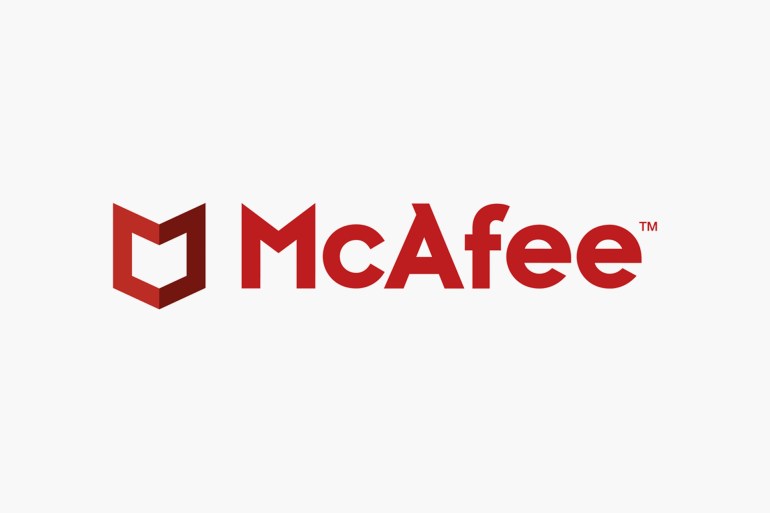John McAfee, a cybersecurity pioneer who built his fortune by selling cybersecurity software, and has become in recent years a supporter of cryptocurrency.
The Justice Ministry's "The Verge" reported that he was arrested in Spain and awaiting extradition. McAfee has had controversial activities for years, although it is sometimes unclear which disputes are real and which are fabricated.
McAfee - the former US presidential candidate for 2020 for the Libertarian Party - claimed that the campaign was in exile after he was accused of using cryptocurrencies in criminal acts against the US government in January 2019.
He said in a video clip that he had not paid taxes for 8 years, and he also claimed that the CIA tried to arrest him because of a tweet he posted in July 2019 with a picture of him on a boat carrying a rifle as part of an adventure that ended with his arrest and release in the Dominican Republic.
Intel - which briefly owned the McAfee company - said it would gradually phase out the McAfee brand (networking sites)
The full indictment alleges that McAfee evaded taxes by various means, including using other people's names, directing payments to bank accounts, cryptocurrency accounts, real estate and yachts not registered in his name.
McAfee was indicted for intentionally failing to file tax returns from 2014 through 2018.
If convicted, McAfee could face up to 5 years in prison for each of the five counts of tax evasion, and up to one year in prison for each of the five counts of failing to file a tax return.
The Securities and Exchange Commission also sued McAfee for failing to disclose that he had obtained the funds (more than $ 23 million) in exchange for promoting public ICOs for cryptocurrencies on Twitter from December 2018 to January 2018.
The SEC file contains 55 pages detailing a lengthy investigation into the alleged fraudulent activity of the cybersecurity pioneer in relation to the promotion of a number of public ICOs of cryptocurrencies during 2017 and 2018.
McAfee was also the focus of a 2016 Showtime documentary, which mentions an incident in which he paid a hitman to kill his neighbor while he was staying in Belize - formerly known as British Honduras - in November 2012.
In the summary announcing his arrest, the Ministry of Justice said that the charges are limited to McAfee as a person, and the ministry did not find any connection with the anti-virus company that bears his name.
Intel, which briefly owned the McAfee cybersecurity company, said in 2014 it would phase out the McAfee brand because of its links with John McAfee.

